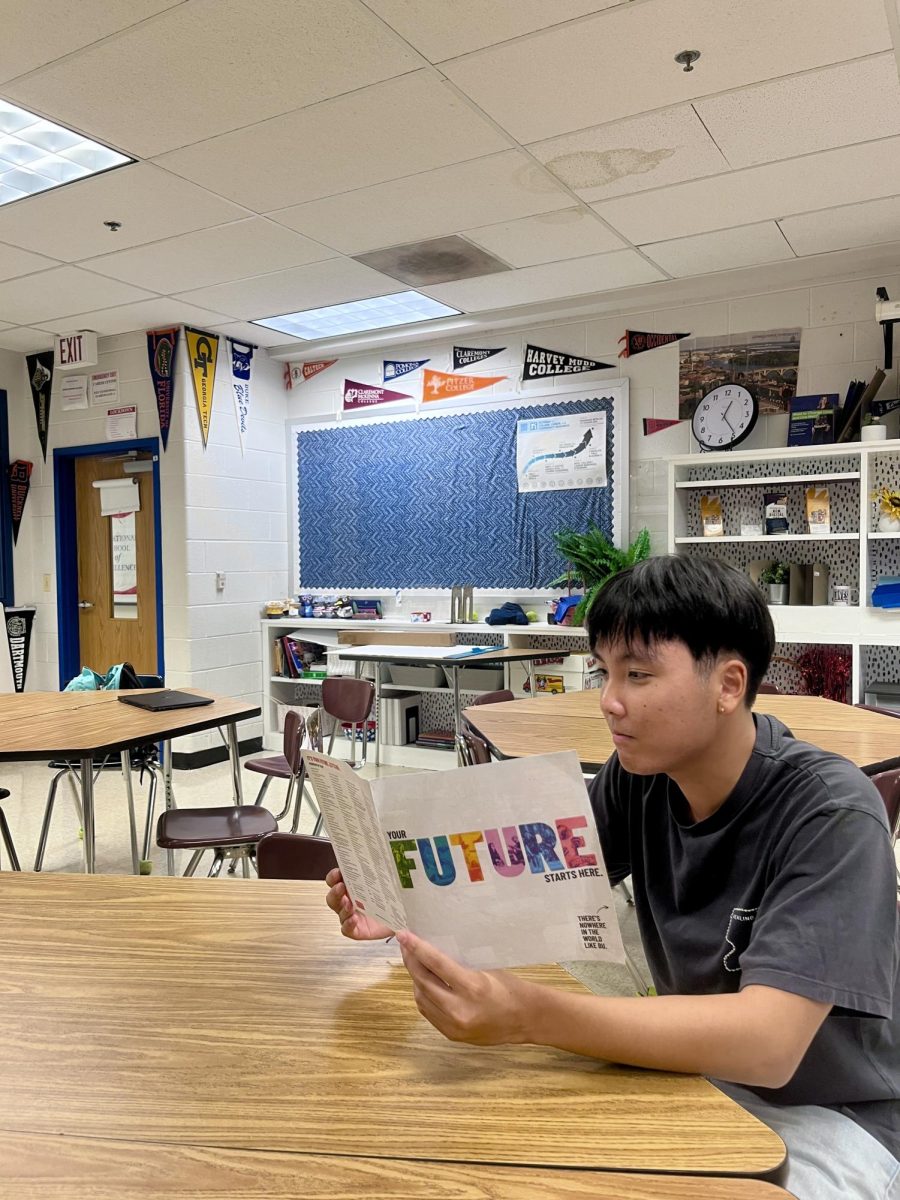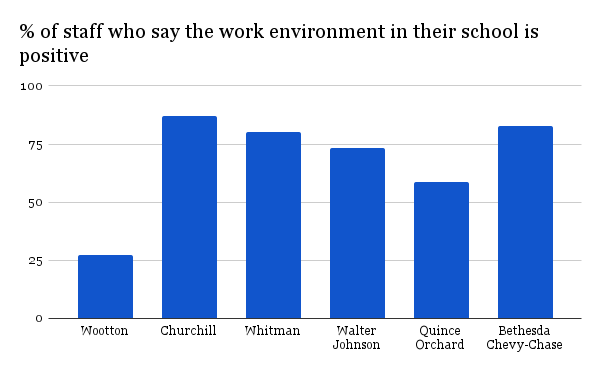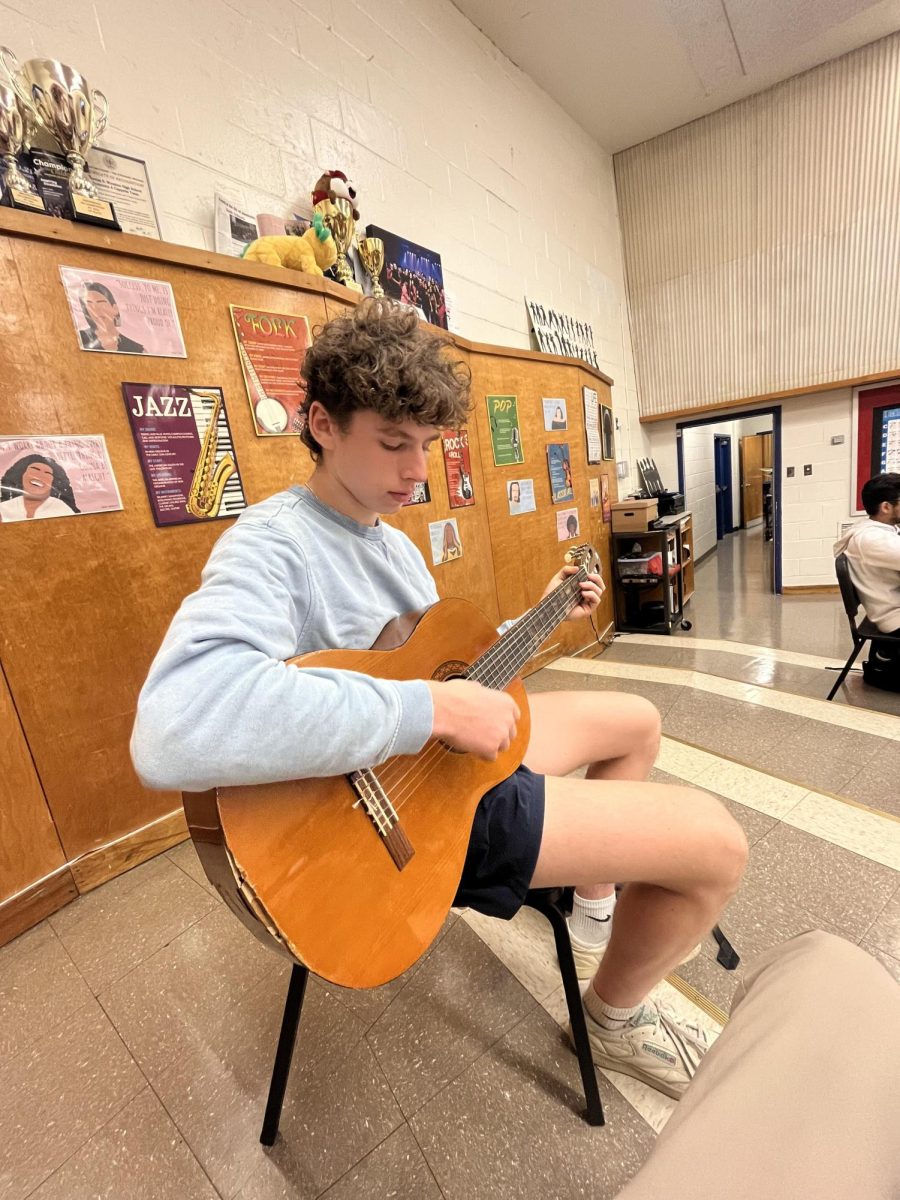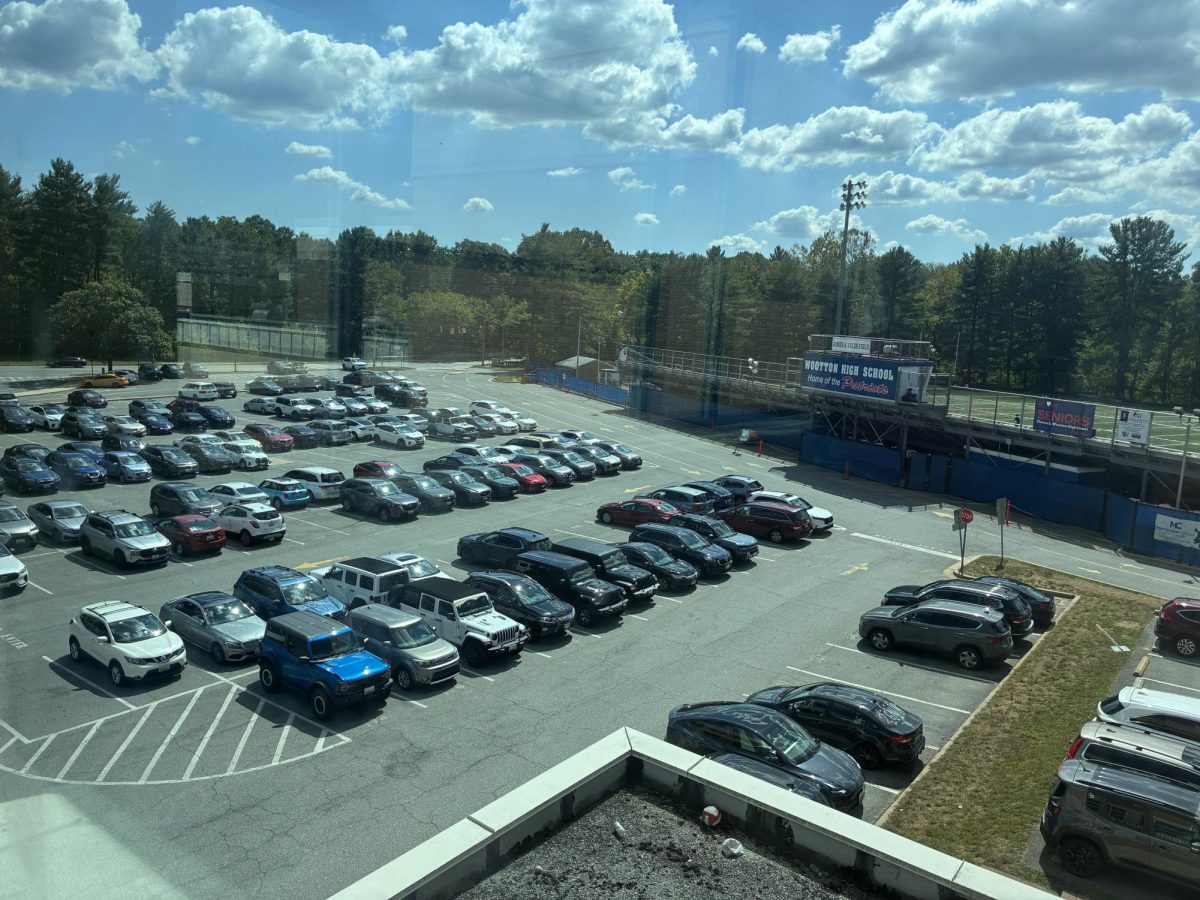Every year each class elects officers to represent them. People often question what motivates students to choose who to vote for and if people are informed enough on the candidates plans to make an informed vote.
As the election gets close, candidates will try to improve their chances by putting up posters around the school. The candidates often try to make their posters funny or decorate them in a way that will catch people’s eyes. There are few opportunities to learn about the candidates so students often believe that whoever has the best posters has the best chance to win. “A big part of winning the election is how you present yourself with the posters because that is where people will see you,” sophomore Dimagi Kottage said.
The school tries to promote a vote based off of the ideas of the candidate by allowing each candidate to make a video that explains what they will do if they are elected. These videos often do not give a clear look at how efficient a candidate will be and they may include empty promises that can not be kept. “I don’t really pay attention to the video because all the candidates always just say that they will do a good job and listen to the students. It does not really change my vote choice at all,” sophomore Alec Yassin said.
Students will often pick a name on their ballot randomly due to a lack of interest and the belief that whoever wins does not matter, because they do not think they will ever see anything accomplished regardless of who wins. This is often a problem when it comes to student elections because the student elected is not given a large amount of power, and this takes away interest from the voters. “I do not have that high of an interest in the student elections because even though they are somewhat important I don’t really think they are able to do that much, and they will not have a major effect on my life at school,” sophomore Jason Cao said.
When students look at their ballot they are more likely to vote from someone they are friends with because the campaign process does not really offer enough information on all the candidates to influence someone to choose someone they do not know over choosing a friend. This can sometimes turn the elections into somewhat of a popularity contest, which can lead to a person being elected who may not be the most qualified candidate. “When I’m voting I usually consider how a person acts inside and outside of school if I already know them, and if I know them than I would be more likely to vote for them,” Yassin said.
People often believe that an unfortunate outcome of the election system is that the candidate who cares the most about the issues does not always win. “Winning the election is more about the way you present yourself than about whether or not you care the most about doing a good job,” Kottage said.
Jake Klugerman
Staff Writer




![Editors-in-Chief Ahmed Ibrahim, Helen Manolis, Cameron Cowen, Alex Grainger, Emory Scofield, Hayley Gottesman, Rebekah Buchman and Marley Hoffman create the first print magazine of the year during the October press days. “Only a quarter of the schools in MCPS have programs that are like ours, a thriving, robust program. That makes me really sad. This is not just good for [the student journalists] to be doing this, it’s good for the entire community. What [student journalists] provide to the community is a faith in journalism and that continues for their lifetimes," Starr said.](https://woottoncommonsense.com/wp-content/uploads/2025/10/wmpoFTZkCPiVA3YXA4tnGoSsZ4KmnKYBIfr18p3l-900x1200.jpg)



